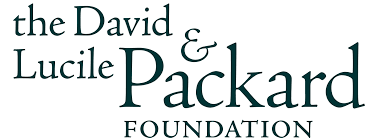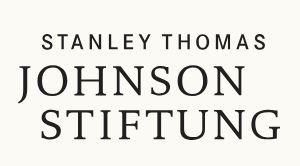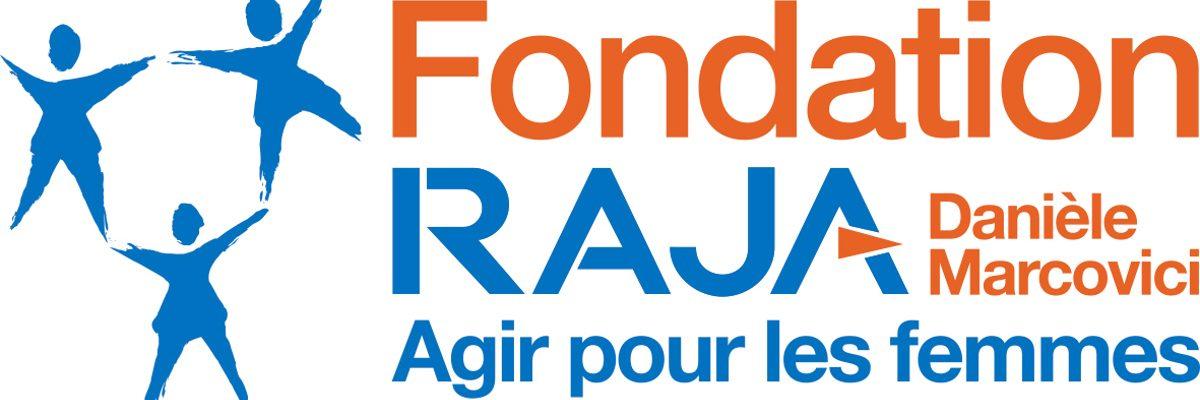Emergency programmes in Kasaï, Sud-Kivu and Nord-Kivu provinces and later Orientale. Programmes closed in 1998.
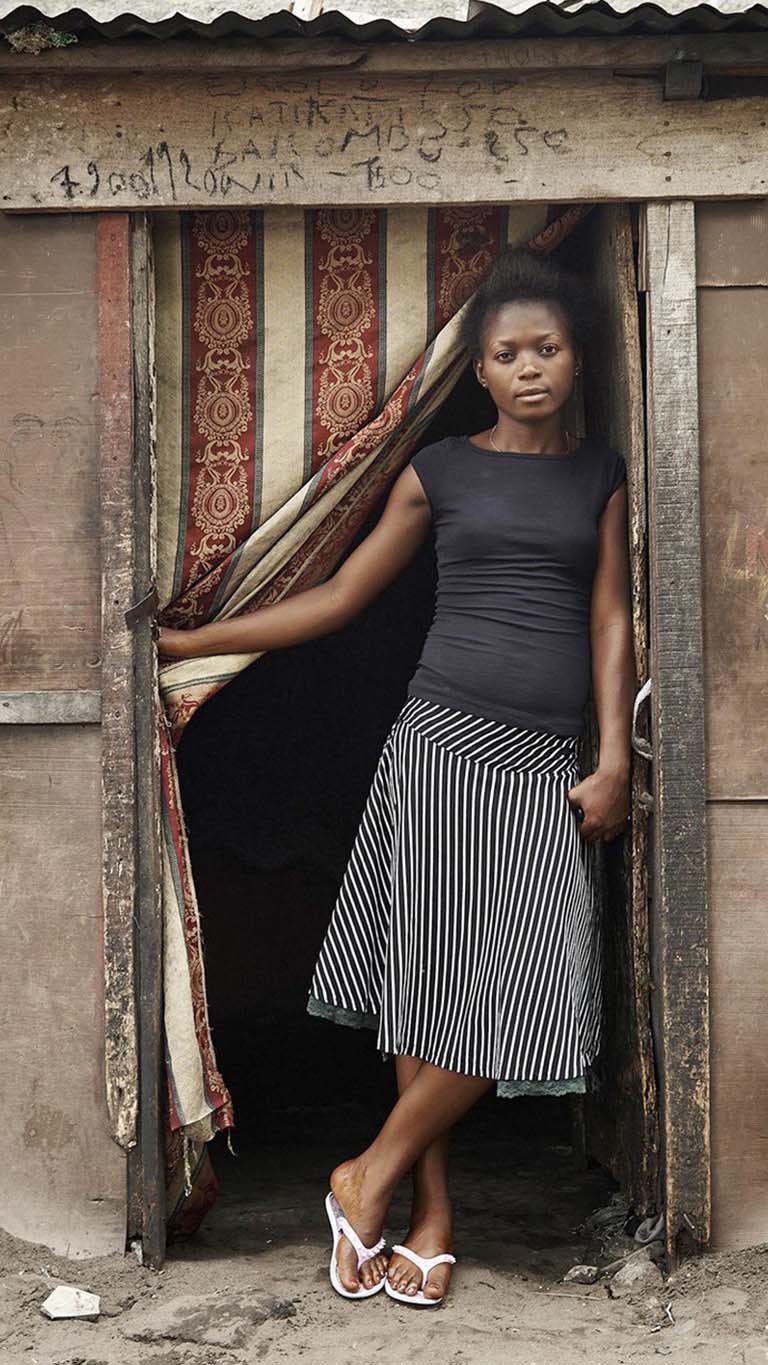
Democratic republic of the Congo
© Luc Valigny
Médecins du Monde’s emergency response includes a range of humanitarian assistance programmes. Find out more below about our work and missions in the Democratic Republic of the Congo.
THE HUMANITARIAN SITUATION IN THE DEMOCRATIC REPUBLIC OF THE CONGO
In 2021, the political situation in the Democratic Republic of the Congo (DRC) was marked by tensions within the governmental coalition, leading to a political reconfiguration with consequences for government at national level. At the same time, the DRC continues to face conflict and chronic humanitarian crises resulting from the lack of security and the actions of armed groups and militias. It is also subject to hazardous natural phenomena, in particular volcanic activity (Mount Nyiragongo, near Goma, erupted in May 2021), as well as flooding and bad weather during the rainy season. The Covid-19 pandemic also had a severe impact on the local economy and on communities’ access to basic goods and services.
While the situation in the Kasaï provinces has remained relatively stable, conditions in the provinces in the east of the country are alarming, especially in Ituri and Nord-Kivu (under siege since May 2021) and also Sud-Kivu, Maniema and Tanganyika. The numbers of civilians killed and cases of human rights violations here rose sharply compared to 2020. Levels of gender-based violence also rose by 73% from one year to the next.
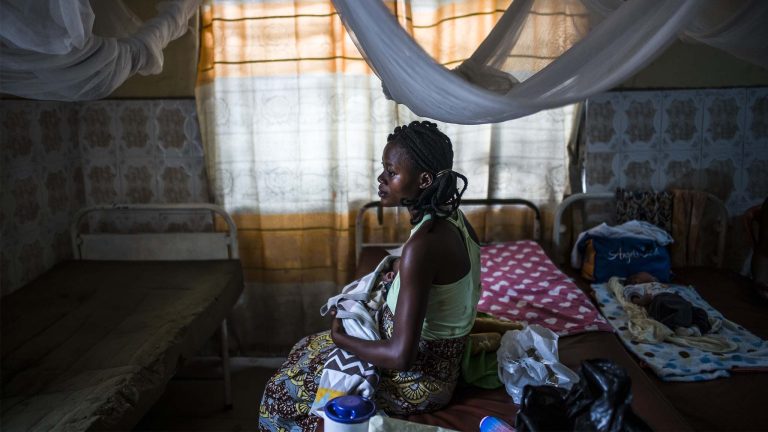
© Olivier Papegnies
MDM’S HUMANITARIAN WORK IN THE DEMOCRATIC REPUBLIC OF THE CONGO
Our humanitarian work in the DRC focuses on a number of areas. Young people and women are the groups most at risk and are at the heart of our medical assistance plan in the DRC.
-
1994
-
1999
Programme for street children opened in Kinshasa.
-
2002
Opening of a programme in the Lake Tanganyika region providing access to care and treatment for cholera. Programme concluded in 2011.
-
2003
AIDS programme opened in Goma in Nord-Kivu province. Programme closed in 2015.
-
2008
Mental health programme for survivors of gender-based violence opened in Nord-Kivu. Concluded in 2013.
-
2014
Opening of a sexual and reproductive health programme specifically aimed at teenagers in Kinshasa.












